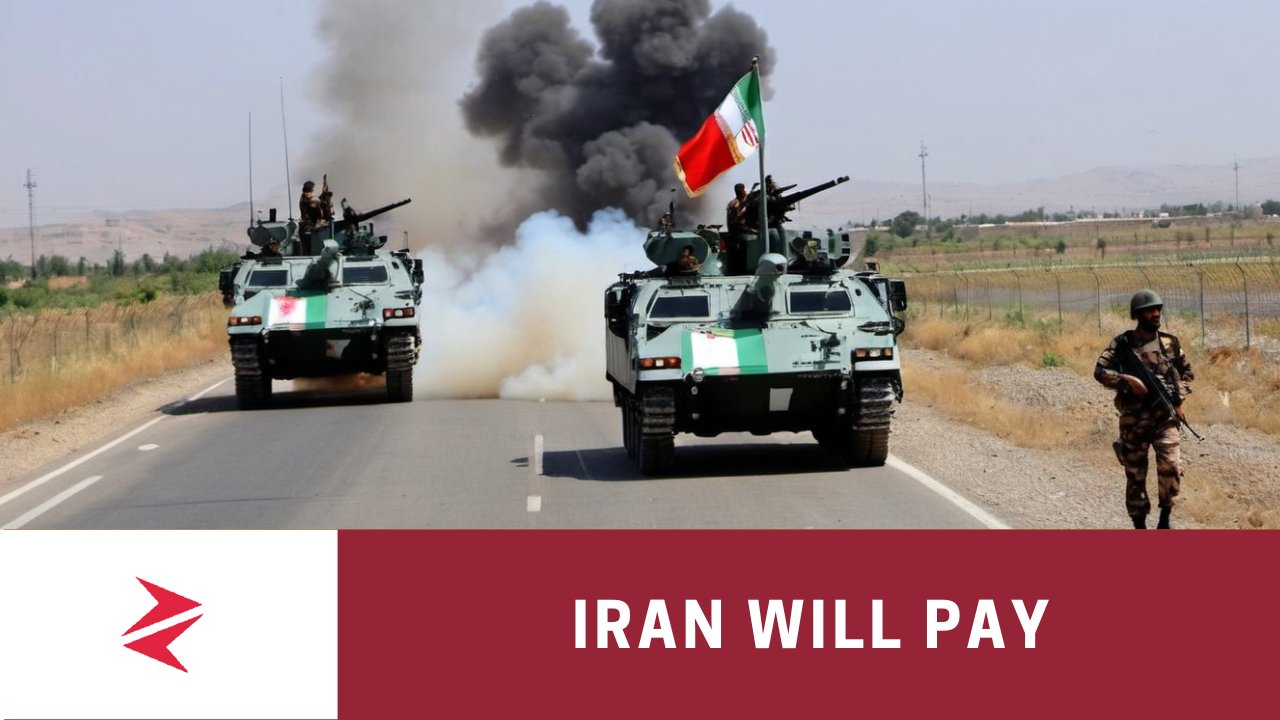There is a feeling of betrayal in Islamabad regarding the recent Iranian missile strikes in Baluchistan, Pakistan. Historically, Pakistan has consistently supported Iran against global powers, being the sole regional country to oppose and diplomatically lobby against US sanctions on Iran, deeming them as “collective punishment.” Additionally, Pakistan has opposed the invasion of Iran. However, mistrust between the two nations in counter-terrorism efforts has resulted in serious provocations.
Over time, both countries have collaborated on border fencing and establishing the Joint Rapid Reaction Force. Despite these efforts, relations have not significantly improved due to the persistent nature of threats. Baluchistan faces separatist threats on both sides of the border, with differences in the nature of the separatist movement in the southeastern province of Sistan-Baluchistan, Iran, having both sectarian (Sunni majority) and ethnic (Baloch) grounds, aligning these segments together. This alignment has garnered popular support for Jaish Al Adl on the ground.
Interestingly, Jaish Al Adl was founded by a former member of Jundullah, Abdolmalek Rigi. Pakistani security forces have conducted numerous operations against Jaish Al Adl in Baluchistan, resulting in the arrest and killing of its top-tier leadership. The founder’s brother and others were handed over to Iran and subsequently executed. Pakistan has also demanded action against US-EU designated terrorists of BLA and BLF residing in Iran, receiving logistics and material support to carry out attacks in Pakistan.
Tensions have escalated due to Iranian soil being used by Indian intelligence against Pakistan, sometimes in collaboration with Iranian intelligence supporting various sectarian and terrorist organizations. An Indian intelligence officer arrested in Baluchistan had a residence in Tehran and was the mastermind behind several terrorist attacks in Pakistan. Many terrorists using Iranian passports have confirmed working for Iranian intelligence, and there are concerns about Anti-Pakistan terrorists finding safe havens in Iran.
Despite these issues, Pakistan has consistently communicated with Iranian officials to take action against these elements instead of unilaterally violating Iranian territorial sovereignty. However, the recent Iranian missile strikes, which resulted in civilian casualties and attempted linkage with strikes against Israel and US assets, have escalated tensions and undermined trust in resolving issues through diplomatic channels and joint efforts. This comes at a critical time when the region is grappling with a serious crisis related to the Israeli onslaught on Gaza.
India targeted and killed a Canadian citizen within Canada, but Canada’s reaction was not to retaliate by assassinating Indian citizens in India. Instead of resorting to a tit-for-tat approach, Canada addressed the violation of its sovereignty through diplomatic channels.
Iran, labeled as a pariah state due to its isolation and support for terrorism, engaged in a foolish act. However, this doesn’t imply that Pakistan should respond in a similarly foolish manner.
Iran’s unwarranted breach of Pakistani airspace, leading to the tragic demise of two children and the injury of three girls, demands an appropriate and decisive reaction. The encroachment upon Pakistan’s sovereignty will have significant and lasting consequences. The people of Pakistan steadfastly stand behind our armed forces in unwavering support.
